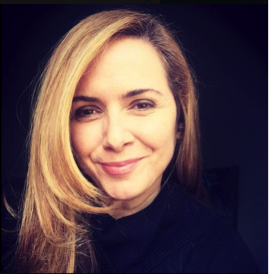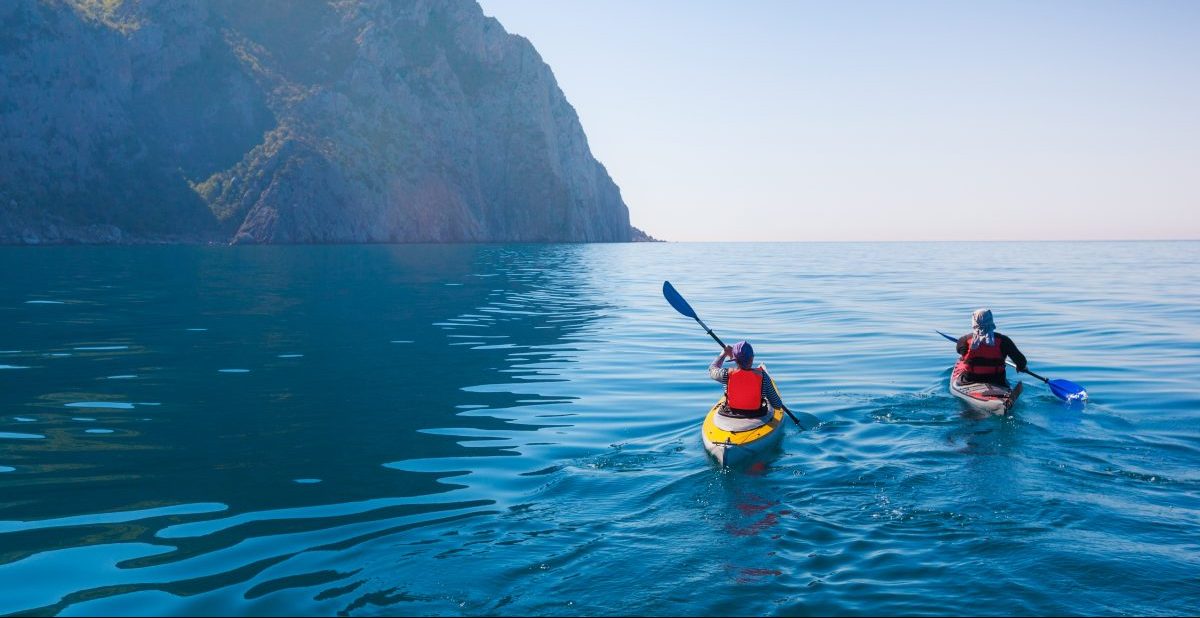I just came back from a two-week long vacation to Greece.
The place where I was born and raised.
I walked down old streets, swam inside the blue sea and talked to the people I have known as a kid.
I saw a solar eclipse and watched the orange full moon on top of the waves at least three nights in a row.
But the most mind-bending experience was how I felt about being back there.
I felt as if I was there much longer than I was.
Every day felt like a whole week.
And I knew I had to find out why that was.
Over the last few years, time has gone by so much faster than before.
Stepping completely outside of my daily routine and environment for two weeks slowed everything down.
Today as I was researching I finally stumbled upon why that was.
I felt as if I have been looking for this specific information all of my life.
So here is what I discovered.
And you know what?
The good news is that we can absolutely slow down time now that we know what I am about to tell you.
So when we were kids every day was a brand new experience.
How we played with our friends.
How we perceived the world.
We created richer more diverse memories then.
Everything was new.
Therefore, when a child looks back at the end of a summer, it seems to have lasted forever; adults think it zoomed by.” David Eagleman
When we were younger we experienced more things in one day.
And the truth is, extra memories make time feel longer.
The same for when we are in danger, time feels like it slows down.
It doesn’t.
Now I know why my early grief years after my husband died felt like they lasted a whole century.
Time slowed down because I was sad and terrified.
But we don’t have to experience danger or grief to make time feel longer.
The thing to remember here is that the more memory we have of an event the longer we believe it takes.
For example if each day this week, I wake up, I drink coffee, I shower, I work until 5 then I pick up the kids, come home, help them with their homework and go back, then my days will feel as if they are flying by.
The memories I am creating are not rich or dense.
They are repetitions of the day before.
No new memories.
But if we try and add something new each day then boom.
Life gets longer.
I know, I know easier said than done.
“So unless we bring forth rich experiences every day, time will go by really really fast.
The problem of stretching time is a lot like mastering a skill.
Initially, there are no habits to guide you, so learning is intense and time slows.
Eventually, habits form and you plateau.
The solution, in the case of mastering a skill, is to constantly avoid equilibrium.
Always push to the edge of your incompetence, deliberately break your routines, and force big challenges on yourself.”
Pushing to the edge of yourself every day somehow will extend your perception of time.
And isn’t that everything?
I mean isn’t it?
New memories=the perception of a much longer life. Wow. Wow. Wow. (Click to Tweet!)
This is called the holiday paradox, ironically.
So, my dear friend, we have no choice but to exit the loop of routine if not many times a day definitely once a day.
We owe it to ourselves.
I won’t be able to go on another holiday for a while but here is what I am planning on doing. Next time I want to hike, I find a new place to do so.
When I go out for dinner, I look for a new restaurant.
I must make new friends and go find new coffee shops to write from.
Move to new houses frequently.
Try new forms of exercise.
Learn another language.
Anything and everything that is not familiar. I seek to find.
Will you do the same?
Because life doesn’t have to be short. It really doesn’t.
 Christina Rasmussen is the creator and founder of The Life Reentry Institute, Second Firsts, The Life Starters and Star Letters. Christina is on a crusade to help millions of people rebuild, reclaim, and relaunch their lives using the power of their own minds. Christina’s work has been featured on ABC News, NPR, The White House Blog, and MariaShriver.com. She is the bestselling author of Second Firsts: Live, Laugh, and Love Again, which has also been translated in Chinese and German and is currently working on her second book on expanding the mind in ways that allows co creation with the forces of the universe. She is also writing her first work of fiction: a science fiction story about a woman on a quest to start over and begin a new life.
Christina Rasmussen is the creator and founder of The Life Reentry Institute, Second Firsts, The Life Starters and Star Letters. Christina is on a crusade to help millions of people rebuild, reclaim, and relaunch their lives using the power of their own minds. Christina’s work has been featured on ABC News, NPR, The White House Blog, and MariaShriver.com. She is the bestselling author of Second Firsts: Live, Laugh, and Love Again, which has also been translated in Chinese and German and is currently working on her second book on expanding the mind in ways that allows co creation with the forces of the universe. She is also writing her first work of fiction: a science fiction story about a woman on a quest to start over and begin a new life.








